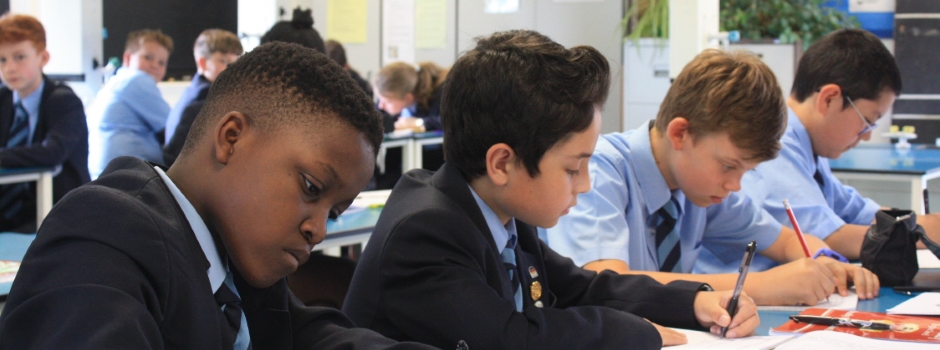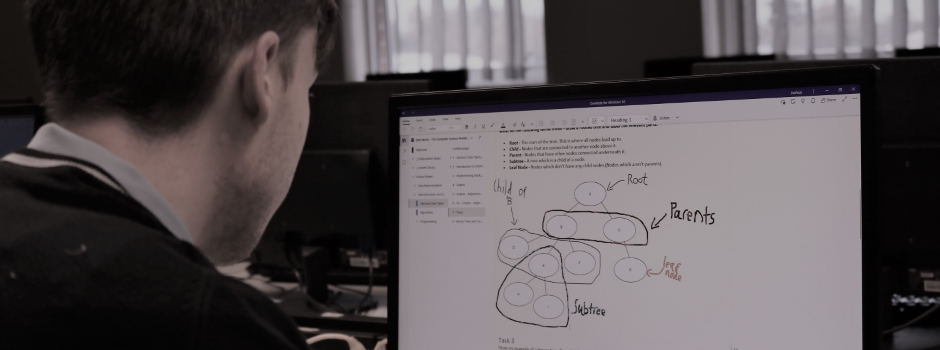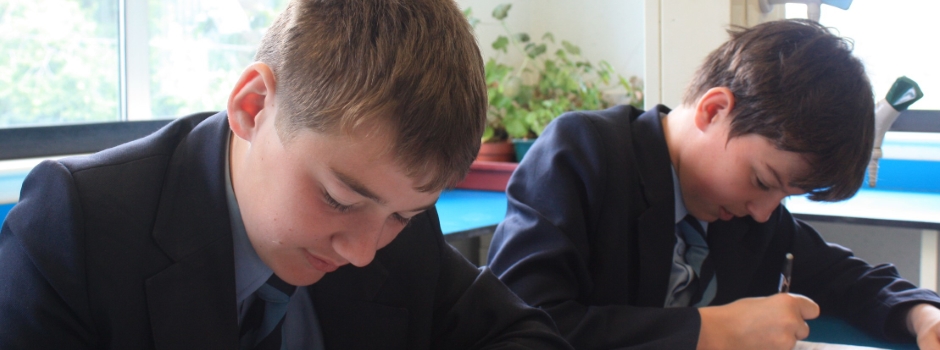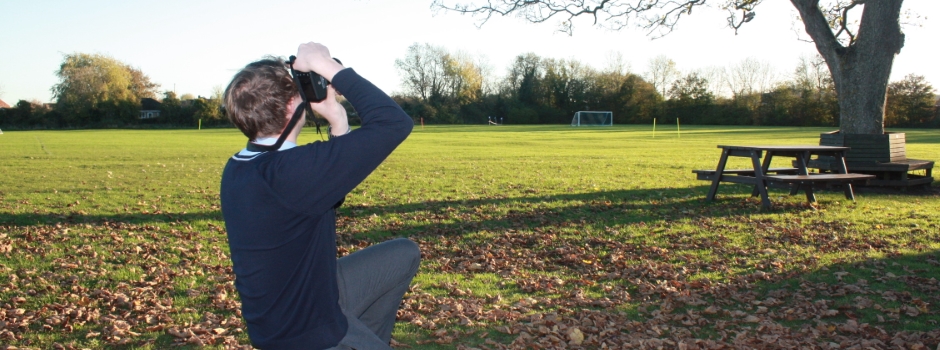



















































Science
Introduction
As a core National Curriculum subject, science is compulsory and occupies a significant proportion of the teaching week for all pupils in the lower and middle school. It is also an increasingly important area in modern life - we all depend in many ways on the application of science and today everyone must be able to take their part in the many debates as to how science should be used for the good of all. Concern for the planet is demanding a shift from a philosophy of growth to one of sustainability, and this will provide significant new challenges to the scientists and citizens of the future.
Courses, at all levels, have been developed in recent years and are continually evolving to meet the needs of frequently changing curricula. Opportunities to build links with local businesses are encouraged throughout the department allowing pupils to observe how aspects of the science learnt in the classroom can be applied.
The philosophy of the department is to provide a sound scientific literacy for all and to underpin further study for those who will continue to A-level and beyond.
Facilities
The Science Department has five laboratories, one of which underwent major refurbishment in the Spring of 2012. Four of the laboratories occupy a suite on the first floor which also incorporates preparation rooms and lift access, ensuring efficient servicing for the fifth lab which will soon be based in the new build.
Curriculum
Science is taught as an integrated course in the lower school, allowing pupils to become familiar with their surroundings and build a sound base knowledge. Key aspects of biology, chemistry and physics are taught with the aim of building an identity for each subject area within science through to A level study. At Key Stage 4 more than half of the students in each year will study for a separate GCSE exam in each of the three sciences. The remaining students study for a combined Science GCSE. A healthy number of pupils opt to study the Sciences at A level where they can study the AQA course in Biology and Chemistry and an OCR course in Physics. From September 2019, the department will also offer the "Extended Certificate in Applied Science" which is an advanced qualification, on a par with A-levels, that will offer pupils a vocational alternative to traditional Science A Levels.
General
The Science Department supports the delivery of the curriculum in a variety of ways both in and out of lessons. Lunchtime science support sessions are available for all year groups, as well as clubs that allow more able pupils to enhance their science skills, often with the support of senior pupils. Links to local Primary schools allow KS2 pupils to participate in STEM challenges that are delivered and supported by department staff and sixth form pupils, allowing them to develop their leadership skills. Our own pupils are also given the opportunity to listen to famous scientists talk about their work and recent scientific developments at events such as the Sir Isaac Newton Lecture and GCSE Science Live!, as well as seminars held at local universities.
Staff
Please click on the link below for an up-to-date list of staff:

